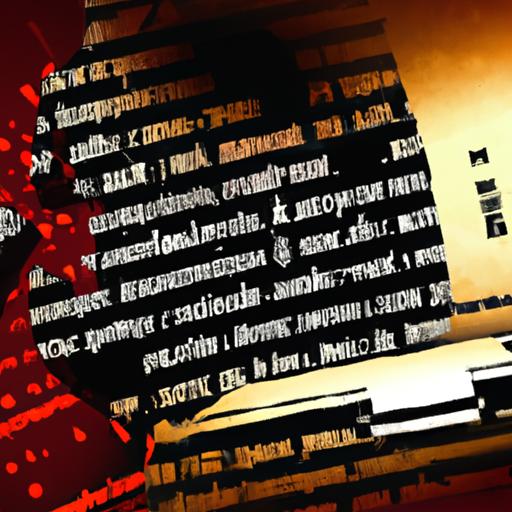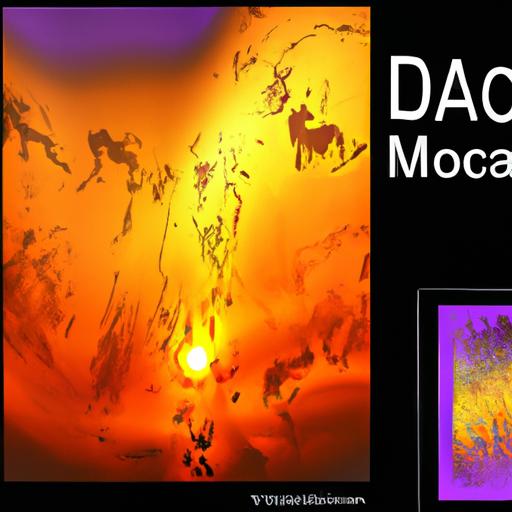Throughout history, the world has been plagued by acts of violence and inhumanity that go beyond the realm of comprehension. Wars have been fought, lives have been lost, and atrocities have been committed. In the midst of this chaos, the concept of war crimes emerges as a crucial point of discussion. The Rachman Review delves into the complex and controversial question: How do you define a war crime? Join us as we navigate through the murky waters of international law and delve into the complexities of this critical issue.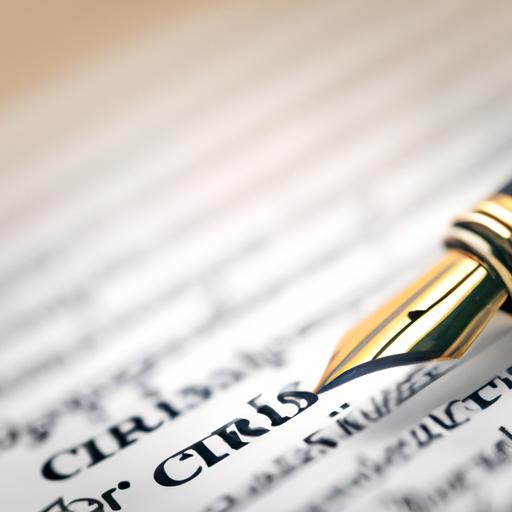
The Legal Standard for War Crimes
When it comes to defining war crimes, there are specific legal standards that must be met in order to classify an act as such. The International Criminal Court (ICC) outlines these standards, which are based on international laws and treaties. One key factor in determining a war crime is whether the act in question violates the laws of war, also known as international humanitarian law. This includes the Geneva Conventions and other treaties that govern the conduct of armed conflicts.
War crimes can encompass a wide range of actions, from targeting civilians and using prohibited weapons to torture and sexual violence. The ICC looks at the intent behind the actions, determining whether they were committed as part of a widespread or systematic attack on a civilian population. Additionally, the court considers the level of responsibility of those involved, from individual soldiers to high-ranking military officials and government leaders. Prosecuting war crimes is crucial in upholding international justice and ensuring accountability for those who commit atrocities during times of conflict.
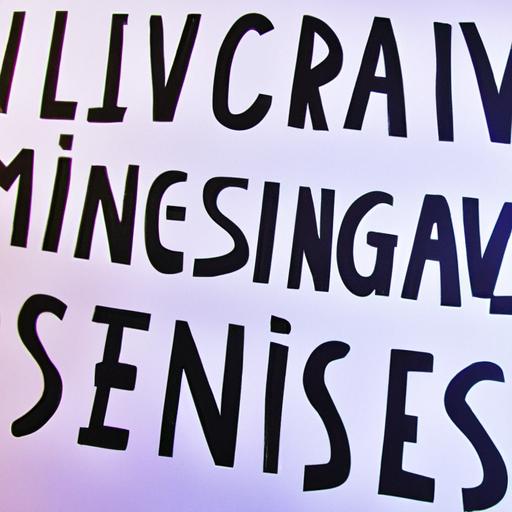
Challenges in Prosecuting War Crimes
In the realm of international law, defining what constitutes a war crime can be a complex and contentious issue. Different countries and organizations may have varying interpretations of what actions qualify as war crimes, adding a layer of difficulty when trying to prosecute perpetrators. The lack of a universal agreement on the definition of war crimes can pose a significant challenge in holding individuals accountable for their actions during times of conflict.
One major obstacle in prosecuting war crimes is the issue of jurisdiction. Determining which court or legal body has the authority to prosecute individuals accused of war crimes can be a convoluted process. Additionally, the reluctance of some countries to extradite their citizens to face charges for war crimes can further complicate the legal proceedings. The intricate web of international laws and treaties governing war crimes can create a bureaucratic nightmare for prosecutors seeking justice for victims of war atrocities.
The Importance of Accountability and Justice
War crimes are defined as violations of the laws and customs of war that include but are not limited to:
- Targeting civilians or civilian property
- Using prohibited weapons, such as chemical weapons
- Torturing or mistreating prisoners of war
- Attacking humanitarian aid workers or peacekeepers
Accountability and justice are essential components in holding individuals responsible for their actions during times of conflict. By prosecuting those who commit war crimes, we can work towards preventing future atrocities and promoting peace and stability in regions affected by conflict. It is crucial that we uphold international laws and standards to ensure that those who commit heinous acts are held accountable for their actions.
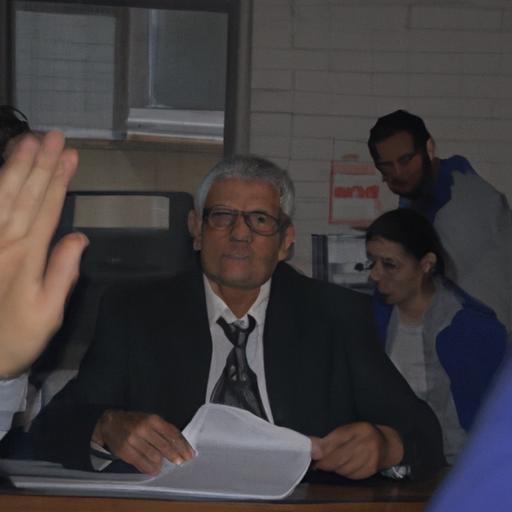
Recommendations for Strengthening War Crime Investigations
One key recommendation for strengthening war crime investigations is to ensure that all parties involved have a clear understanding of what constitutes a war crime. This includes providing thorough training and resources to investigators, legal experts, and other relevant stakeholders. By establishing a shared definition of war crimes, the likelihood of successful investigations and prosecutions can be significantly increased.
Additionally, it is crucial to improve international cooperation and coordination in war crime investigations. This includes sharing intelligence, evidence, and resources across borders to effectively address the complexities of modern warfare. By fostering collaboration between different countries and organizations, we can work towards holding perpetrators of war crimes accountable and ensuring justice for victims.
Key Takeaways
In conclusion, the question of how to define a war crime is a complex and highly debated issue. The Rachman Review seeks to shed light on the various perspectives and interpretations surrounding this topic, urging readers to consider the implications of different definitions on accountability and justice in times of conflict. As we continue to navigate the complexities of international law and human rights, it is crucial to engage in thought-provoking discussions and push for greater transparency and accountability in the face of war crimes. Thank you for joining us on this exploration of the difficult yet essential task of defining what constitutes a war crime.
